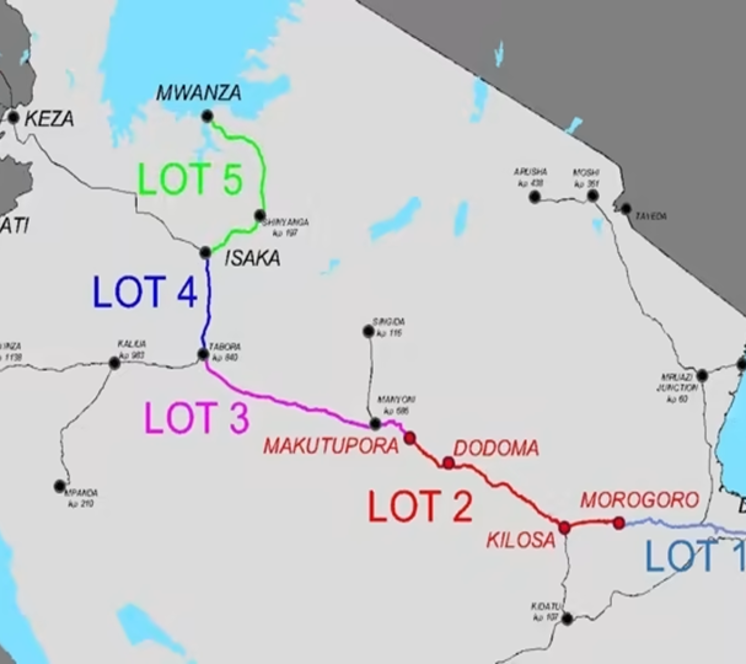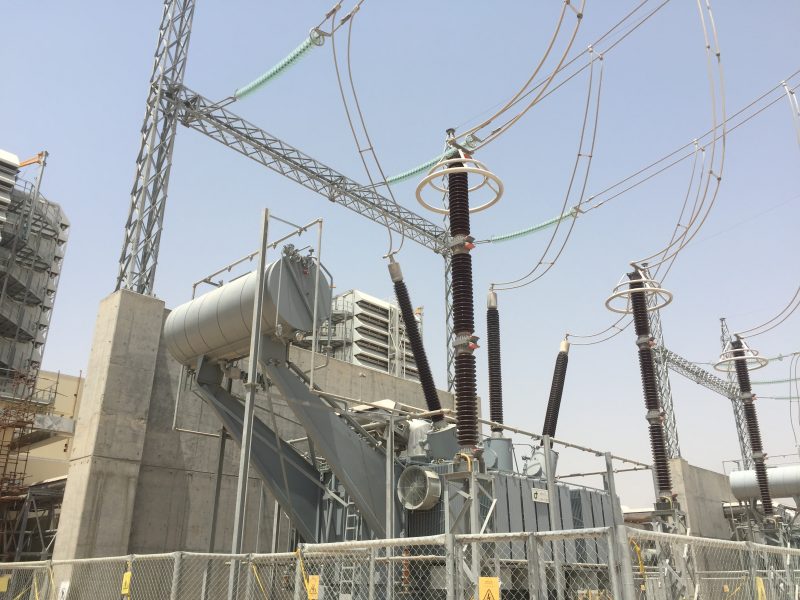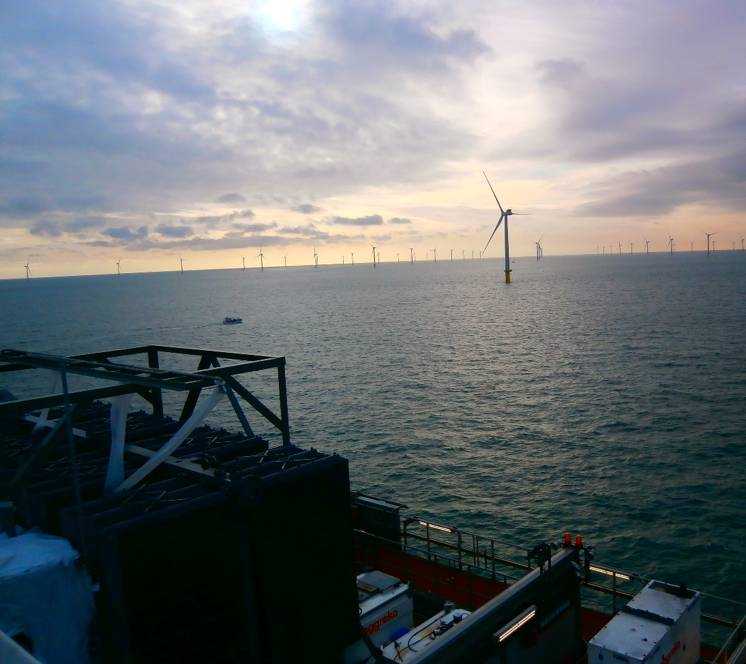Linxon has been commissioned by Yapi Merkezi, a Turkish-based EPC company, to deliver turnkey infrastructure, which includes electrification, for lots 3 and 4 of Tanzania’s Standard Gauge Railway (SGR) project.
Linxon will deliver several 220/2×25 kV traction substations, 2×25 kV double auto transformers and 2×25 kV single auto transformers, as well as the substation control and protection system that includes Supervisory Control and Data Acquisition (SCADA). All in-country construction and installation will be performed by other vendors.
Divided into five phases, the SGR will link the port of Dar es Salaam on the Indian Ocean to the port of Mwanza in northern Tanzania. Work will begin shortly on Lots 3 and 4 that will run from Makutopora to Tabora, and from Tabora to Isaka, respectively.

“We are delighted to partner with Linxon for this important infrastructure project,” said Aslan Uzun, CEO at Yapi Merkezi. “They provide a wide range of innovative solutions for the rail sector, making them a partner of choice when seeking to develop stronger, smarter and greener solutions.”
“We are thrilled to sign our first contract with Yapi Merkezi to support the further development of rail infrastructure in Tanzania,” added Stefan Reisacher, CEO at Linxon. “We are committed to deliver superior services and know-how to support rail and power grid infrastructure projects that meet the sustainability goals and needs of cities and communities .”
Forming part of the East African Railway Master Plan, the SGR is operated by the Tanzania Railway Corporation (TRC). With Phase 1 completed in April 2022 and Phase 2 well underway, once finished, the 1,800 km railway line will link the country to neighbouring Rwanda and Uganda, and subsequently Burundi and the Democratic Republic of Congo (DRC). The new standard gauge network replaces the existing metre-gauge railway system and will accommodate passenger trains travelling at 160 kilometres per hour and cargo trains travelling at 120 kilometres per hour, using electricity to power its locomotives.






